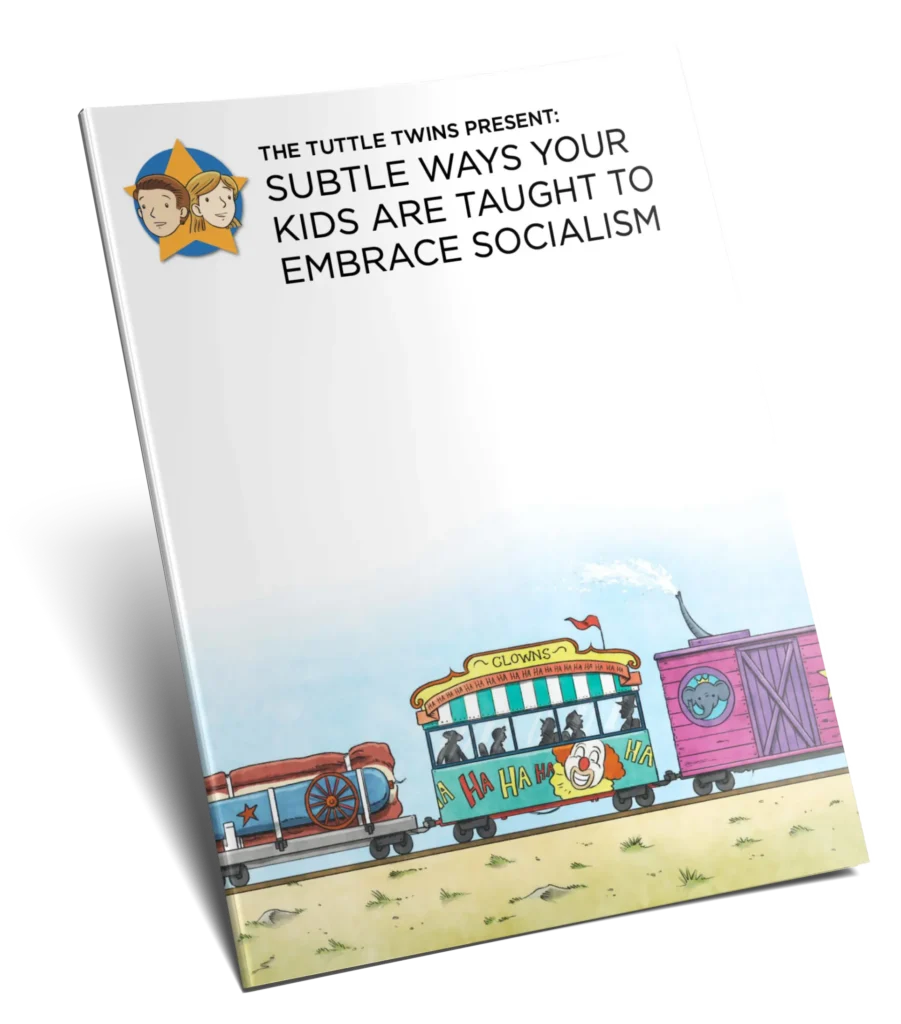
When Andrew Yang ran for president in 2020, a lot of people went all-in on his proposed Universal Basic Income (UBI).
It sounded so good. Give everyone $1,000 a month, no strings attached, and watch the magic happen.
The idea was that UBI would empower people to follow their dreams—start a business, get the job of their dreams, and maybe even go back to school.
I think most of us knew how this was going to go, and now, thanks to a new study, we know for sure:
UBI doesn’t spark innovation. In fact, it does the opposite.
The experiment followed 1,000 low-income participants who received $1,000 a month for three years. Advocates hoped it would lead to entrepreneurship and job creation. But instead, people worked fewer hours and stayed unemployed longer—on average, 1.1 months longer than those in the control group.
And here’s the kicker: Their total annual income actually dropped by about $1,500.
So, what did folks do with all that extra time?
Well, not a lot actually.
They were more selective with job applications, but they didn’t end up landing better jobs. They didn’t go back to school or start new businesses, either. The truth is, most of them spent the extra time on leisure—hanging out, relaxing, and doing more of the not-much they were already doing.
UBI was supposed to be this magic bullet that unlocked human potential. Advocates said it would free people from the bonds of inequality of circumstance. The only thing that actually came from it was a confirmation of the truth that when people don’t have to work, most of them won’t.
We know why.
What drives progress isn’t free stuff and ease of life—it’s production.
It’s value creation.
When you remove incentives, the motivation to contribute tends to disappear.
This is exactly why we teach free-market principles with our Free Market Rules! curriculum.
Instead of falling for government fantasies like UBI, we help families understand how real-world economics works.
With 30 units and lessons for all ages, we teach important concepts like supply and demand, the cost of trade, and how production creates wealth.
We also answer questions like:
- Why do people produce things?
- How do supply and demand work together?
- What’s the best economic system?
And we do it in a way that’s fun and engaging for kids and parents.
The truth is, UBI will never create the kind of society its advocates dream about—because it ignores the very principles that make economies thrive.
If you want your kids to understand how the world really works—and how they can thrive in it—check out Free Market Rules! today.
Let’s prepare the next generation to solve problems, create value, and understand that prosperity comes from effort—not from checks in the mail.
— Connor


